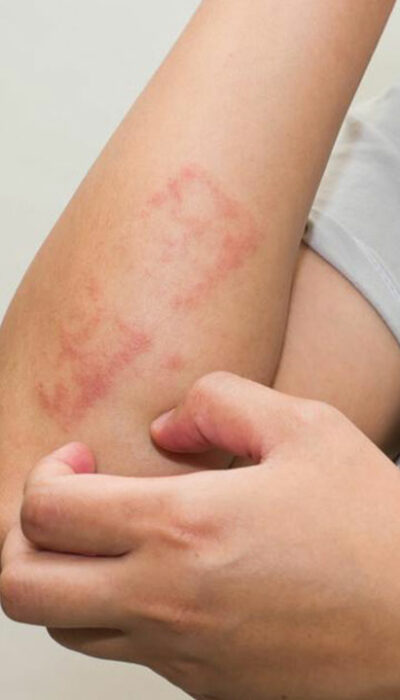
Eczema – Symptoms, Complications, and Treatment Options
Eczema is a skin condition in which the infection causes inflammation and irritation of the epidermis (outer layer of the skin). Alternatively known as atopic dermatitis or atopic eczema, it comes under a group of skin diseases which results in allergic conditions. Eczema is a common condition which affects more than 3 million people in the country including infants, children, and adults and can last for a couple of months depending on the severity of the condition. The rash results in itching which cannot be controlled and commonly appears on your face, back of the knees, hands, feet or on your wrists. Eczema causes the affected area to dry up and thicken. It can also affect pigmentation which causes discoloration in your skin highlighting the affected area particularly. Infants suffering from eczema will be affected severely since the rash can cause oozing, crustation of the skin on the face and scalp along with patches that can occur throughout the body. Causes of eczema are not known, but the condition has been linked to the body’s immune system. The immune system is designed to respond to various threats that might affect your overall wellbeing, thus keeping you healthy. However, an overactive response for tackling certain conditions can lead to the development of eczema skin. Other causes can be linked to an allergic reaction caused by certain substances like coming into contact with coarse materials, exposure to household products which might contain chemicals in them like soaps and detergents. Even an allergic reaction to animal dander can aggravate the skin condition. Noticeable symptoms of eczema Formation of reddish rashes which make the skin dry. Itching caused due to inflammation and dry skin, which will cause more discomfort at night. Patches on your neck, wrists, ankles, feet, hands, eyelids, elbows among other body parts.










